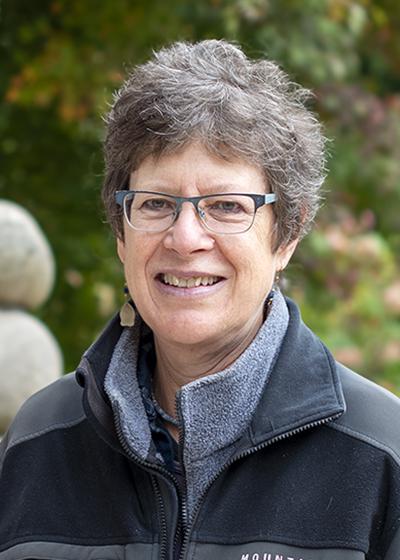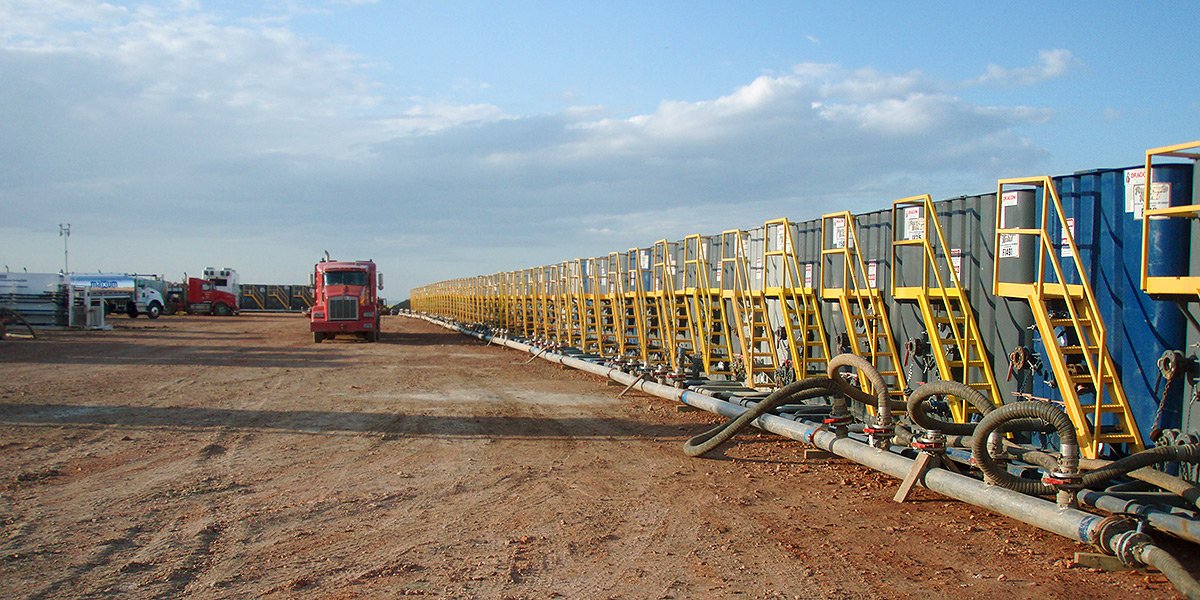The UMD Department of Geology cordially invites you to the
George and Rosalind Helz
Distinguished Lecture in Geology
with

Susan L. Brantley
Earth and Environmental Systems Institute and Department of Geosciences,
Penn State University
on
"How Fracking Affects Our Water"
Thursday, October 6, 2022
5:15 p.m. Reception
6 p.m. Lecture
Edward St. John Learning & Teaching Center (ESJ) Room 0202
If you have a question about this event, please contact Wenlu Zhu at wzhu@umd.edu or 301.405.1831.
About the Talk
Development of drilling into horizontal layers of gas-containing shale, followed by high-pressure high-volume hydraulic fracturing (fracking) has ushered in a new era of energy development in the USA. At the same time, like older hydrocarbon-extraction industries, shale-gas development has resulted in some water quality impacts. In the mid-2000s, public outcry about “fracking” reached a fever pitch whereas today, the pushback continues but is more muted. In this talk I will look at what has been learned over the last decade and a half about water impacts related to shale development and fracking, including case studies at individual field sites as well as broader state-wide or national investigations. Most of my work has focused on Pennsylvania, a state with the longest history of commercial hydrocarbon extraction in the world, but we also have extended to national analyses. As concluded by others, the frequency of impact is low compared to the number of shale gas wells. But several studies have shown evidence for some health impacts for residents living near shale-gas wells. Government, academic, and industry entities must work more closely with communities to provide and publicize water quality data to document impacts more accurately and to understand case examples of contamination affecting residents or businesses. Only with such approaches will we enable the public to make decisions about the “social license” for the industry or enable decision-makers to provide guidance for this highly distributed industry.
About the Speaker
Dr. Susan L. Brantley is Evan Pugh University Professor and Hubert and Mary Barnes Professor of Geosciences at Pennsylvania State University, where she also served as Director of the Earth and Environmental Systems Institute from 2003 to 2022. As a geochemist, Dr. Brantley focuses on understanding what controls the chemistry of natural water and how water interacts with the rocks through which it flows. Her recent work has focused on measuring and modeling how rock turns into soil as well as environmental impacts related to the use of hydraulic fracturing (“fracking’) in natural gas and oil extraction. In studying the effects of fracking in Pennsylvania, she also worked with citizen scientists and watershed groups to understand community concerns. Dr. Brantley has published almost 300 refereed journal articles. She was appointed by President Barack Obama to serve as a member of the Nuclear Waste Technical Review Board in 2012. In that position, which she held until 2021, she worked to advise the USA on developing solutions for disposal of nuclear waste. In 2012, she was elected as a member of the U.S. National Academy of Sciences, and in 2022, as a foreign member of the French Academy of Sciences. She lives with her husband in State College Pennsylvania, and watches from afar the development of her two daughters, both geoscientists living in Minneapolis, MN.
About the Lecture
George R. and Rosalind Helz established the George and Rosalind Helz Distinguished Lecture in Geology in 2014 to allow the UMD Department of Geology annually host a world leader in science for one or a series of lectures. While George Helz spent his career in UMD's Department of Chemistry and Biochemistry, he greatly enriched the geology program by collaborating with geologists on a variety of scientific projects and student advisement. Many of the Department of Geology's faculty have also had the pleasure of collaborating with Rosalind Helz, most notably in studies on rocks from Hawaii. Rosalind Helz spent most of her career at the U.S. Geological Survey in Reston, Va. |






